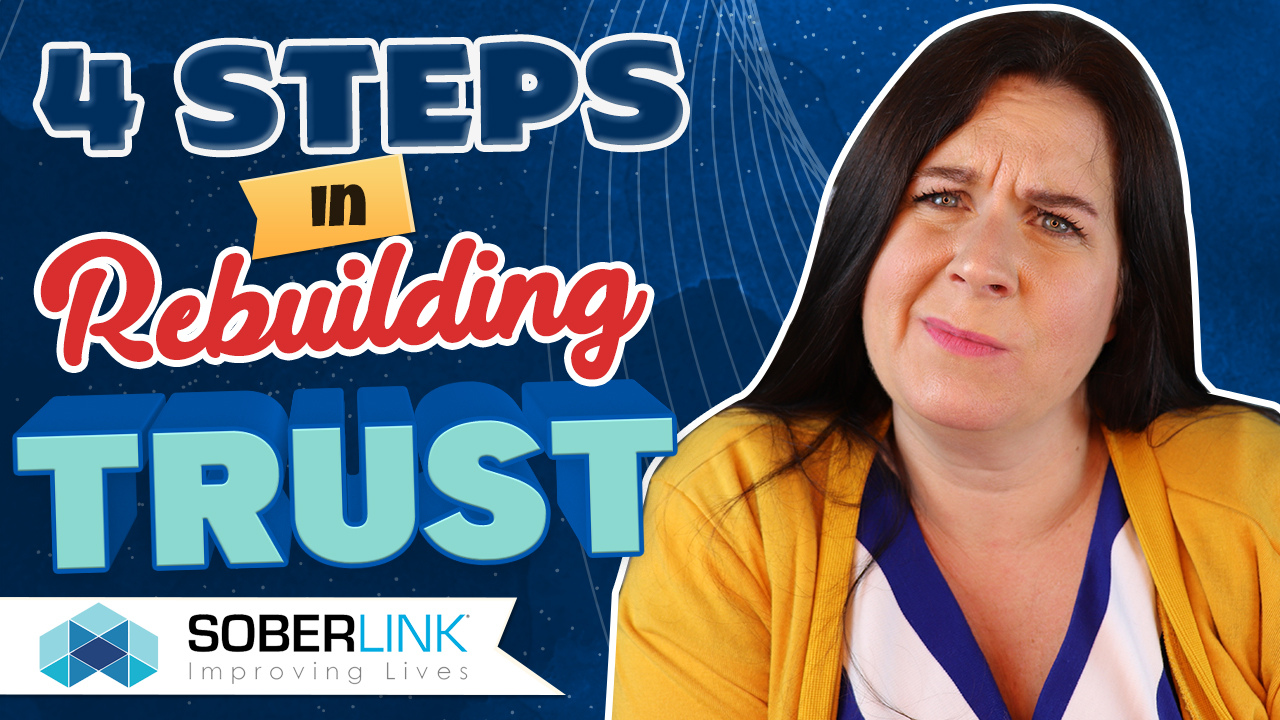Rebuild Your Relationship After Alcohol Has Destroyed It!
How do you rebuild trust and put your relationship back together when alcoholism is in the equation? Let's look at four practical, helpful, and successfully proven strategies. If you do these four things, you'll be well on your way to putting your relationship back on track.
Anytime there's an addiction issue inside a relationship, you will develop trust issues on both sides. The person with the addiction also does not trust the family member because both people have probably been a little dishonest.
Soberlink- A device used to restore trust
One practical and helpful tool that we use in our office is Soberlink.
Soberlink is an alcohol monitoring system that has proven highly effective in restoring the relationship. Family and trust and helping people along their journey in recovery. What Soberlink does is provide accountability for the person in early recovery, and it gives the family peace of mind.
Long before Soberlink sponsored my channel, I've been a huge fan. We've used Soberlink successfully in our office for over eight years.
There are several benefits to Soberlink technology, but one of the best is how quickly and effectively it can restore trust. The endless questioning and accusations, smell checks, and everything that comes with alcoholism can help both sides feel at ease.
If you want to know more about Soberlink, I'm going to put the link in
Blame the addiction, not the person
If you're going to restore trust, the second helpful thing that both people can do to help restore trust in the relationship is to blame the addiction, not the person, on both sides of the equation.
Instead of blaming your loved one, who has the alcohol problem, or the person with the alcohol problem blaming the family for being too controlling, both sides need to understand that the mishaps are symptoms of the addiction. If you're going to be frustrated and angry, put it on the alcoholism, the disease, the addiction! If in conversation you can acknowledge that it's a symptom of that, not a symptom of the person, both people will feel more understood.
Doing this will expedite your journey back to trust and a good relationship.
Don't become reactive to bad news
The third thing I want both people to do to be successful is to learn how to hear the bad news that you may not like without becoming reactive.
If your spouse almost has a relapse and they tell you about how they wanted to drink, they went to the store and almost bought it, and you freak out, they're not going to confide in you again. If you, as the family member did something you weren't supposed to do, you snuck and you looked at something, or you call somebody who did something, then be honest about that. The other person has to be able to hear that and understand that those are still symptoms of the addiction. It may take a little while for all of those symptoms to go away, but you're going to have to be able to hear things that you don't want to hear. If you're in early recovery, you may get a few accusations.
You need to realize that is part of the process, and you can't freak out or be upset with the other person, just like they can't freak out and be angry with you. It's going to take some time, so give each other a little room and a little grace.
Recognize the efforts of the other person
When you see the small things they're doing to try to change the situation, acknowledge it. Say you see it, you notice it, and you appreciate it. Recognize what might be difficult that the other person is going through. If you can do this, the other person will feel heard and understood.
Amber Hollingsworth
Watch this next:


